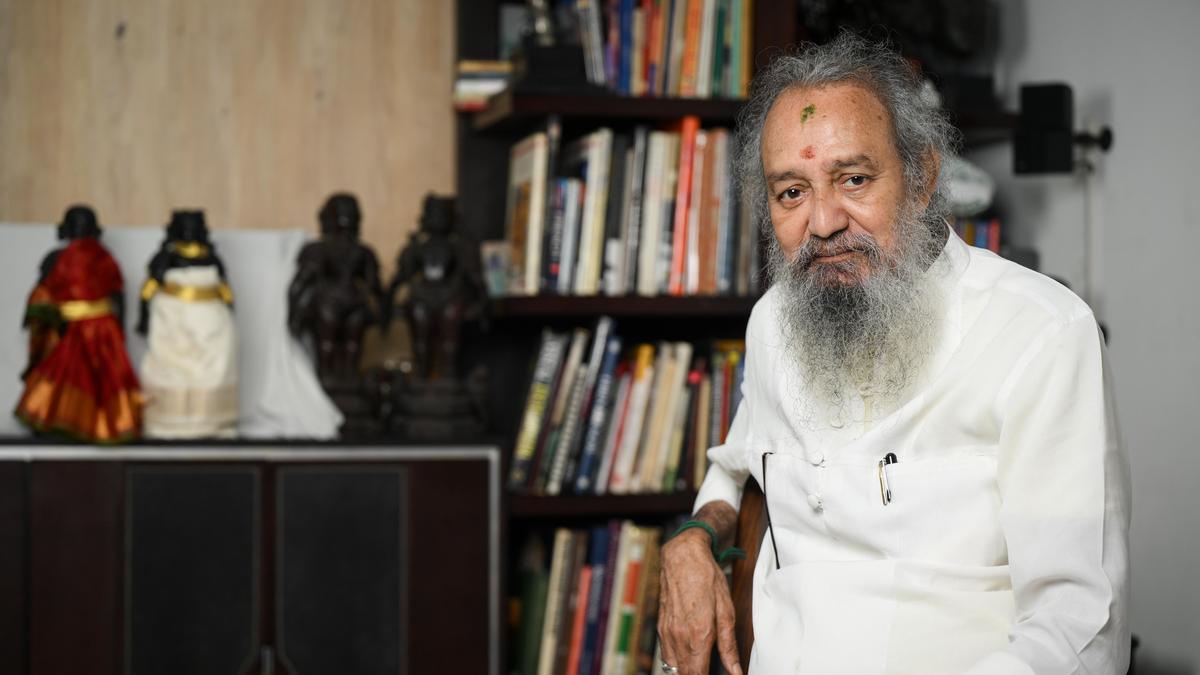Terrifier actress Catherine Corcoran levied bombshell allegations in a lawsuit filed against the filmmakers behind the horror franchise.
In the October 2025 lawsuit obtained by Us Weekly, attorneys for the actress accused Terrifier producers of “fraud, sexual harassment and, ultimately, betrayal” over Corcoran’s involvement in the infamously gruesome horror blockbuster. (Corcoran played hero Victoria’s family friend Dawn Emerson and had a memorable onscreen death in the 2016 movie.)
Corcoran alleged that she never received the 1 percent of profits she was owed from starring in the first Terrifier movie, which made around $421,000 in its original theatrical release. While its initial profits were modest, Terrifier spawned two blockbuster sequels and a merchandising empire that included toys, a video game and themed live events.
In her lawsuit, Corcoran detailed allegedly grueling working conditions on the set of Terrifier. She recounted being “hung upside down by her ankles for over 10 hours in below freezing temperatures in a condemned building” and being photographed naked without her consent. (Director Damien Leone and producer Phil Falcone denied all of Corcoran’s accusations.)
Keep scrolling for a full breakdown of the legal dispute.
What Is the ‘Terrifier’ Movie Franchise?
Writer-director Leone based the 2016 horror hit on a series of short films that introduced an unstoppable demonic entity known as Art the Clown, who was played by Mike Giannelli in the shorts and, more famously, by David Howard Thornton in the feature films. Thornton’s completely silent depiction of the sadistic clown made Art one of modern horror’s most popular characters.
Terrifier also gained infamy in horror circles for its brutal onscreen depictions of murder and torture — including one scene where Corcoran’s character, Dawn Emerson, is suspended upside down and sawed in half by Art the Clown.

The original Terrifier was produced on a microbudget of around $55,000. However, Terrifier’s cult following ultimately spawned two hit sequels — with another in the works — and propelled the franchise to make more than $100 million worldwide at the box office.
Why Is Catherine Corcoran Suing the ‘Terrifier’ Filmmakers?
Corcoran filed a breach of contract lawsuit against producers Dark Age Cinema and other entities associated with the production — including Leone and Falcone — in a California federal court in October 2025.
Us obtained a nondisclosure agreement (NDA) submitted as evidence, in which Dark Age Cinema appeared to offer Corcoran “1 percent of the profits of Terrifier” provided she signed the document. The NDA submitted as evidence included Corcoran’s electronic signature — dated July 8, 2015 — but did not have a signature from Dark Age Cinema.
Corcoran’s attorney Devin McRae alleged that she agreed to act in Terrifier for “an extremely low up front per diem rate” of $100 per day to accommodate “the film’s ultra-low budget” in exchange for “1 percent of the profits from and/or related to the Terrifier motion picture and any future Terrifier motion pictures as well as 1 percent of the profits from any Terrifier related merchandise.”
McRae argued that the agreement not only covered profits from the films and merchandise but also video games, themed events, books and “any other manner of licensing or use of the Terrifier intellectual property.”
“The producers of the film paid Corcoran her royalties for a brief period of time several years after the release of the film, but when the film series’ success started to grow exponentially and exceeded the producer’s original expectations, the royalty payments became more and more sporadic and dwindled to amounts nowhere near commensurate with the revenues generated,” McRae alleged.
The actress reported being paid around $8,300 by Dark Age as of October 2025. She recalled approaching Leone and producer Falcone to ask about the royalties, but they allegedly “brushed off” her concerns by claiming Dark Age “doesn’t keep records.”
Elsewhere, Corcoran accused filmmakers of never obtaining “Corcoran’s informed written consent” to film her naked body as part of her character’s gruesome execution scene. Filming allegedly took place in 40-second increments across 10 hours on set, where she was intermittently suspended by her ankles.

“When Corcoran appeared on set to film the scene, she recognized that she was the only female on set,” the suit alleges. “Falcone and Leone informed Corcoran that the scene was to be done with Corcoran fully nude. However, Corcoran insisted that she be permitted to at least wear underwear during the filming, to which Falcone and Leone ultimately acquiesced. However, she was still required by Falcone and Leone to perform the scene topless without having been provided with the informed written consent and disclosures required by her SAG Agreement.”
Corcoran described an emotionally scarring and physically painful process of shooting the scene, including having to allegedly “lie nude on a piece of plywood” as her body was covered in “a quick-drying liquid silicone agent” to create a silicon mold.
“The process was done incorrectly and the silicone dried and essentially glued Corcoran to the plywood, requiring a long, painful process to remove the dried silicone from her body,” McRae claimed. “To make matters worse, Falcone took numerous still photographs of Corcoran’s nude body while she was glued to the plywood sheet without her consent.”
Her lawyer called on Terrifier producers to acknowledge the importance of Corcoran’s physical and financial sacrifices in making the 2016 horror movie a success.
“Were it not for Corcoran’s willingness to take a risk on this production and receive her compensation on the back-end, the series would not exist as it could not have been made on a shoestring budget otherwise,” McRae concluded. “However, when it came time to pay what was owed, the producers chose to cheat her.”
How Have ‘Terrifier’ Filmmakers Responded to Catherine Corcoran’s Suit?
A spokesperson for Dark Age, writer-director Leone and producer Falcone strenuously denied Corcoran’s allegations in a statement to The Hollywood Reporter.
“Damien and Phil deny the claims in the complaint and will vigorously defend this lawsuit,” their attorneys said.
Us has reached out for comment.

 9 hours ago
1
9 hours ago
1

























 English (US) ·
English (US) ·